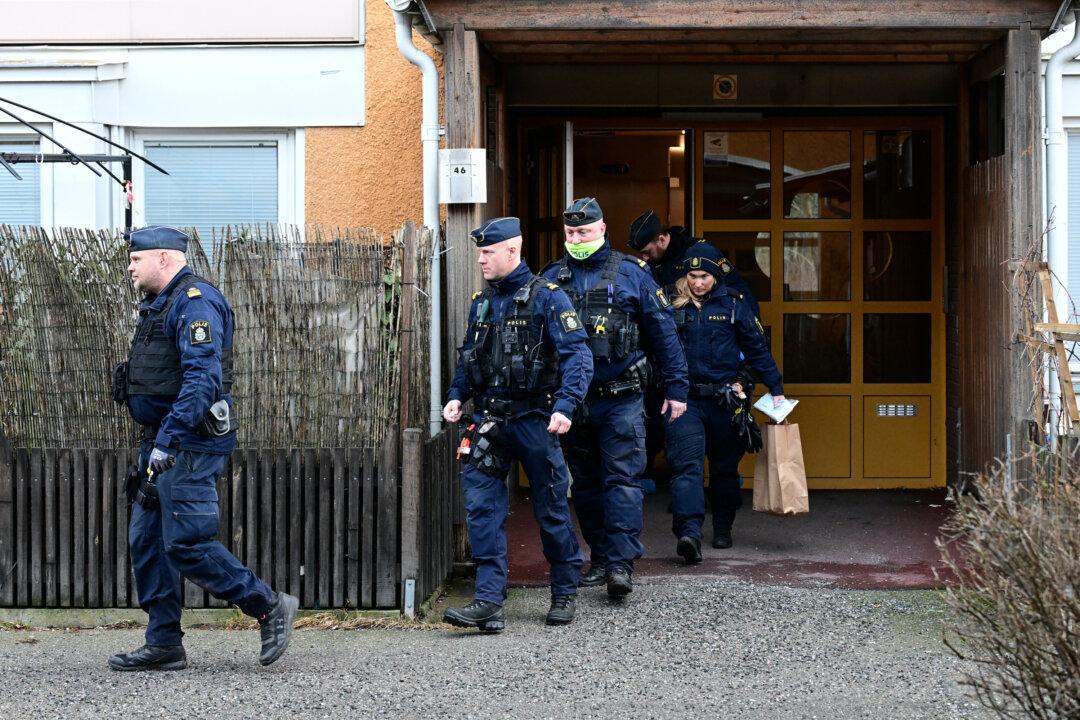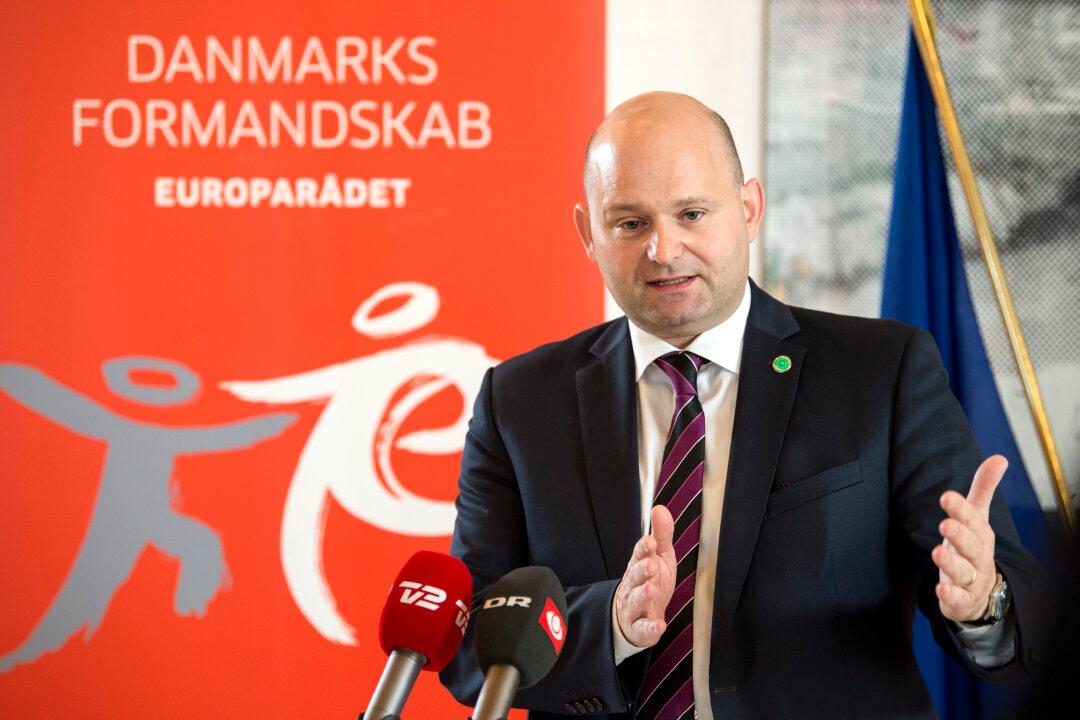STOCKHOLM—Sweden has among the worst border controls in Europe, according to a report—shared with a newspaper—that may have been suppressed to prevent the findings from influencing recent Swedish elections.
Last year, EU inspectors visited Sweden, interviewed border police officers and compiled a report that is still classified, but was shared with reporters from the Kvallsposten newspaper. The report, “Evaluation of Sweden in the Field of Management of the External Borders,” levels brutal criticism against Swedish border control, Kvallsposten reports.




